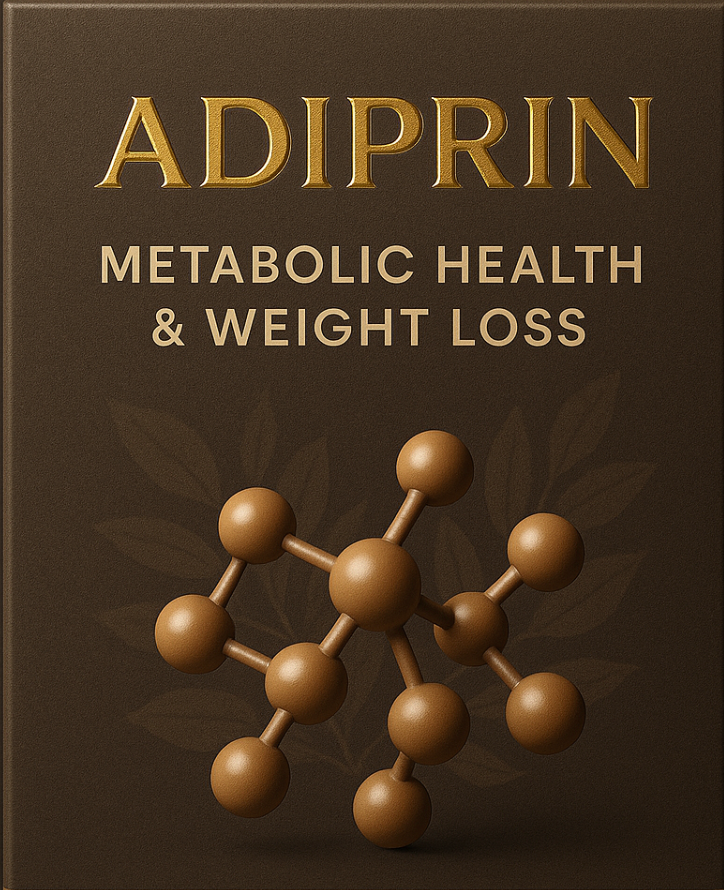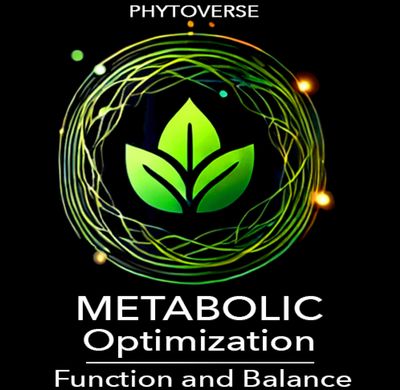
Adiprin
ADIPRIN — Botanical Support to Restore Adiponectin, Metabolic Balance, and Energy
Reset Your Metabolic Intelligence with Adiprin
Adiprin is a layered phytotherapeutic formula designed to address inflammation, insulin resistance, and unhealthy fat storage by supporting adiponectin production, AMPK activation, and healthier fat metabolism—using evidence‑informed botanicals that act synergistically without stressing the liver or long‑term health.
WHAT’S INSIDE?
A focused blend selected to increase adiponectin, activate AMPK/PPARγ pathways, and reduce inflammatory/metabolic blockages:
Dichrostachys cinerea
An African botanical traditionally used to awaken metabolic pathways; supports AMPK activation and PPARγ signaling involved in adiponectin production.
Berberine (from Berberis spp.)
A potent natural AMPK activator that improves insulin sensitivity, mobilizes stored fat, and enhances mitochondrial function.
Tart Cherry (anthocyanin‑rich)
Clinically shown to raise serum adiponectin and help reduce visceral fat; antioxidant support for lipid and glucose balance.
Stellaria media (Chickweed)
Lymphatic and depurative herb that supports clearance of stagnant adipose tissue and hormonal recalibration.
Cinnamomum verum (Ceylon Cinnamon)
Supports insulin sensitivity and healthy glucose metabolism.
Zingiber officinale (Ginger)
Anti‑inflammatory and circulation‑supportive; helps remove inflammatory blockages that suppress metabolic gene expression.
WHY CHOOSE ADIPRIN?
Targets upstream metabolic drivers
Boosts adiponectin, activates AMPK/PPARγ, and improves insulin sensitivity.
Multi‑mechanism botanical matrix
Combines lipid‑mobilizing, anti‑inflammatory, antioxidant, and lymphatic‑clearing actions.
Potent & Safe
Designed for metabolic resilience without hepatic strain or harsh pharmacologic side effects.
WHO IS IT FOR?
Adults seeking natural support for insulin sensitivity, visceral fat reduction, energy optimization, and metabolic inflammation. Consult a healthcare provider if you have diabetes, are pregnant/nursing, or are on medications.
HOW TO USE
Use as directed on product labeling or per practitioner guidance. Combine with lifestyle measures (diet, exercise, sleep) for best results. Seek medical advice before use if on glucose‑lowering medications.




